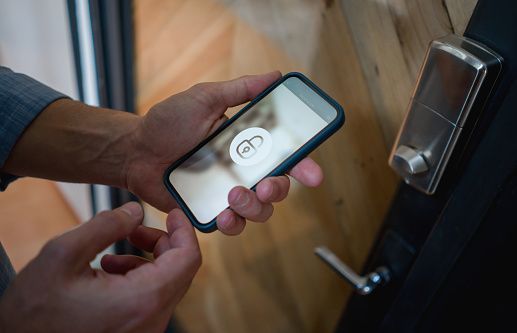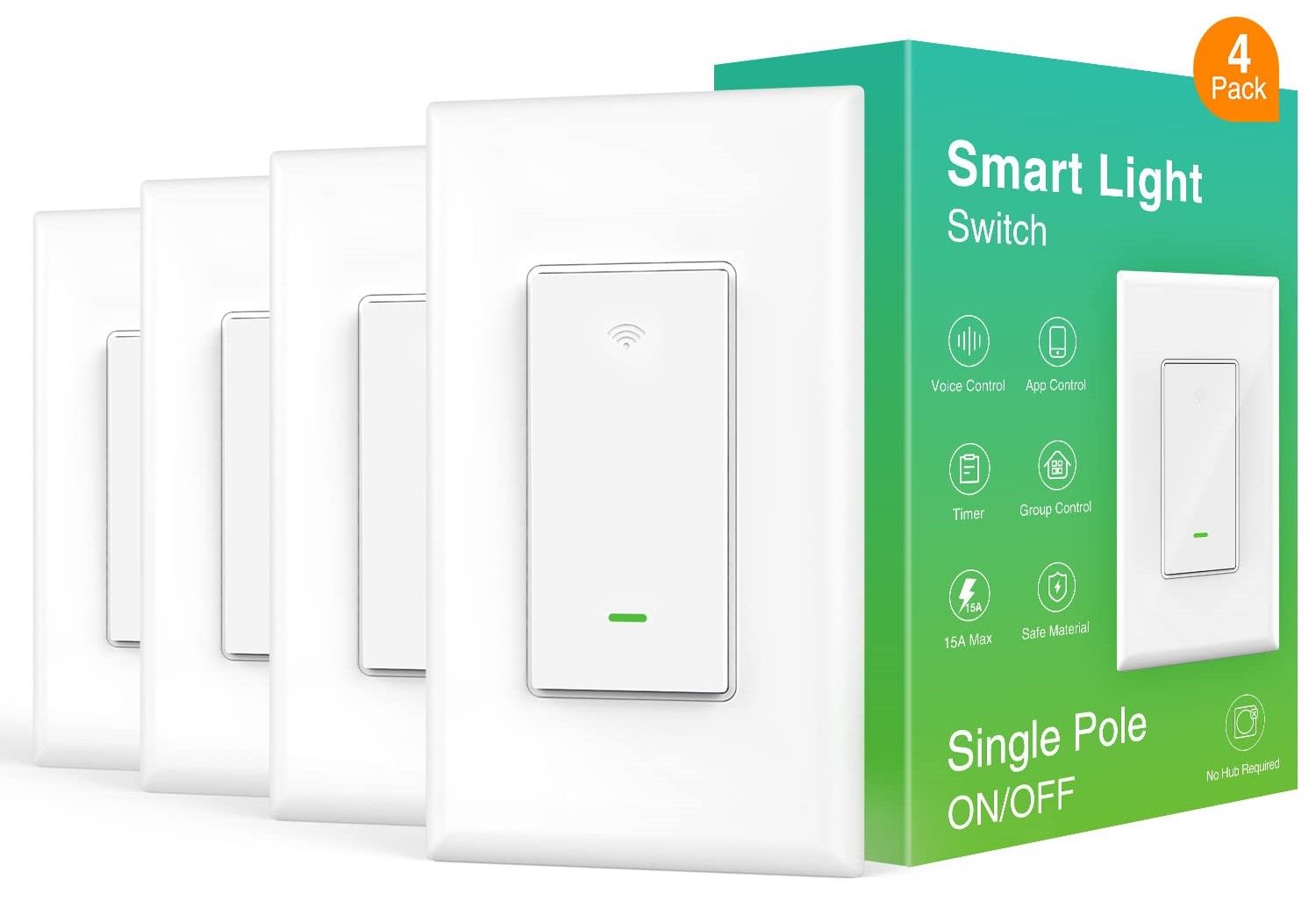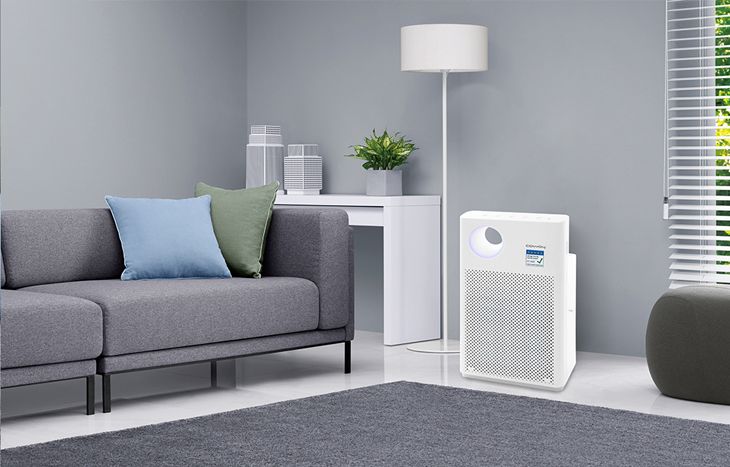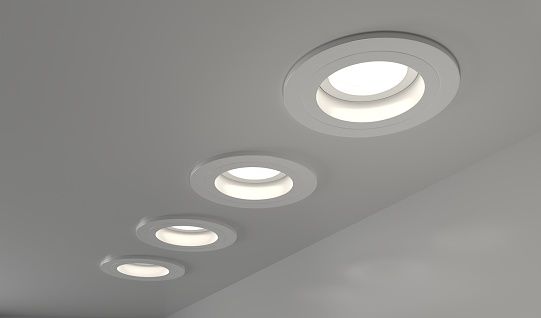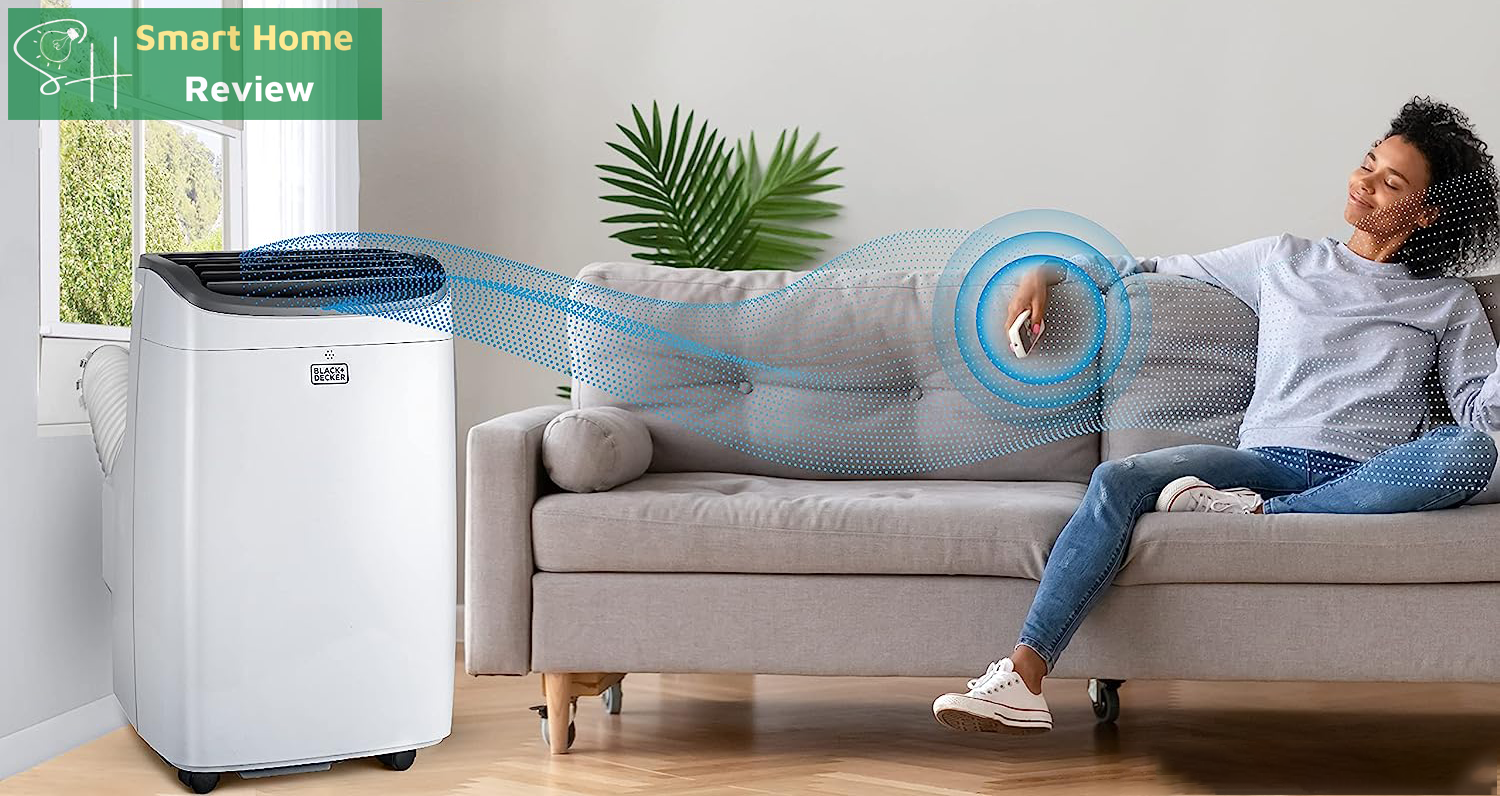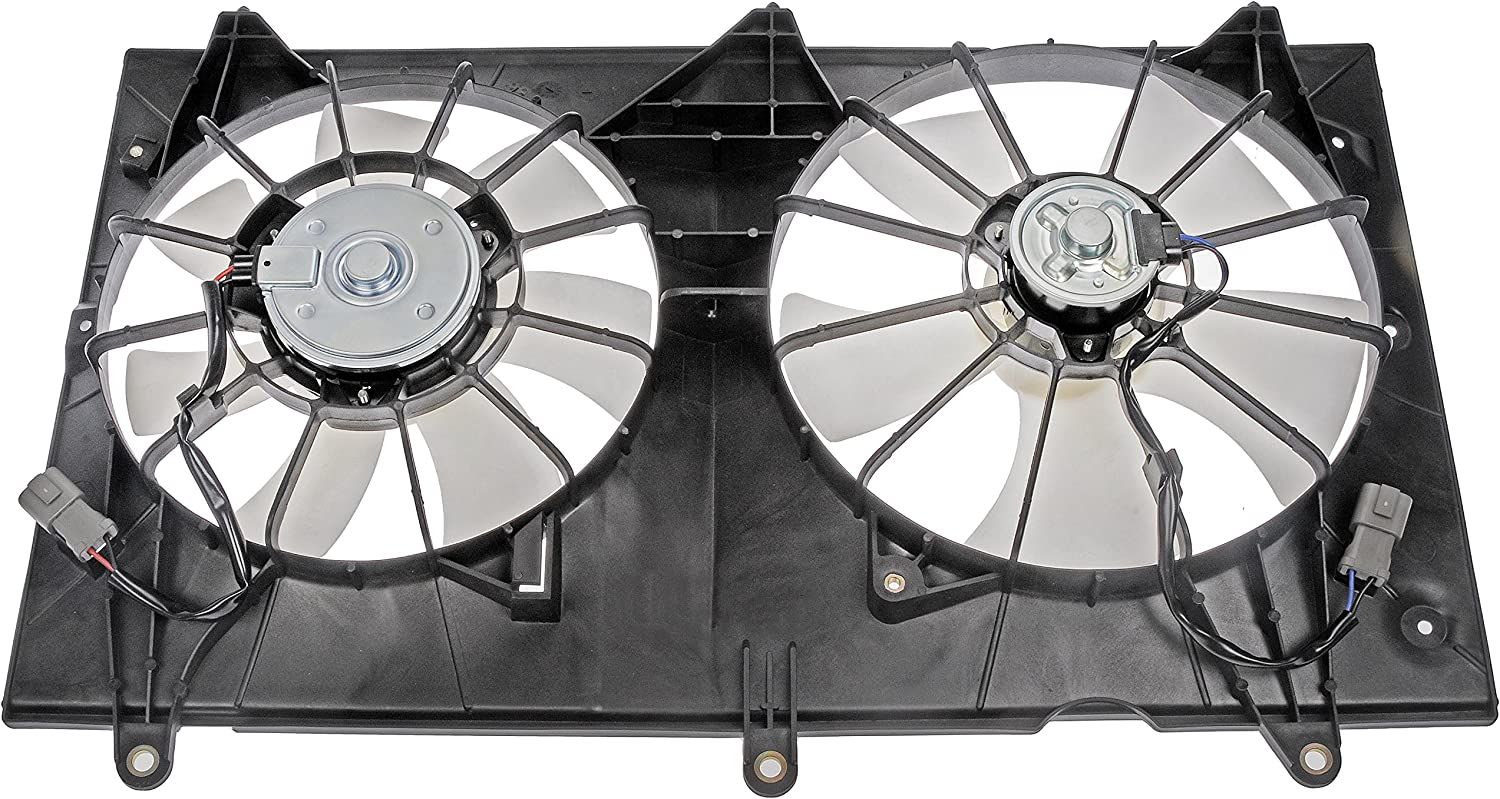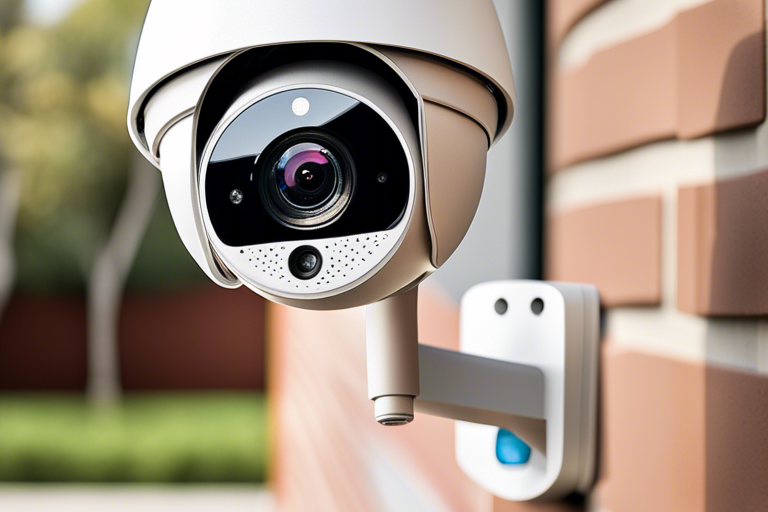
Whether you're a homeowner or a business owner, safeguarding your surveillance system is essential for maintaining the integrity of your property. We will cover everything from positioning and mounting to maintenance and preventing issues like IR glare and condensation. By implementing these foolproof strategies, you can ensure the longevity and reliability of your outdoor security cameras. Don't let hackers and vandals compromise your safety. Join us as we delve into the world of outdoor security cameras and discover the best practices to keep them secure. Discover 10 proven tips to safeguard your outdoor security cameras and protect your property from potential threats.
Protecting your outdoor security cameras is crucial for maintaining the safety and security of your property. With the rise in vandalism and hacking incidents, it's essential to implement effective measures to safeguard your surveillance system. In this comprehensive guide, we will discuss ten foolproof tips to help you protect your outdoor security cameras from potential threats.
1. Position cameras strategically: Place your cameras in areas with optimal visibility while keeping them out of reach from potential vandals.
2. Secure camera mounting: Use secure mounting brackets and tamper-resistant screws to prevent easy removal and tampering.
3. Install protective casing: Invest in weatherproof and vandal-resistant camera housings to protect your cameras from physical damage.
4. Regular maintenance: Conduct routine checks to ensure the cameras are clean, free from dirt, debris, and spider webs that can obstruct the view.
5. Access control: Set up password protection and change default login credentials to prevent unauthorized access to your cameras.
6. Keep firmware up to date: Regularly update your camera's firmware to ensure it has the latest security patches and features.
7. Utilize encryption: Enable encryption protocols such as WPA2 to secure the transmission of camera footage.
8. Network security: Set up a secure network with a strong Wi-Fi password and firewall to prevent hackers from gaining access.
9. Use two-factor authentication: Enable two-factor authentication for additional security when accessing your camera feed remotely.
10. Educate users: Train employees or family members on best practices for using the camera system and recognizing potential security threats.

How to Stop Outdoor Security Cameras Being Vandalized, Blinded, or Stolen
Outdoor security cameras play a crucial role in safeguarding your property, but they can be vulnerable to vandalism, blinding, and theft. To ensure the longevity and reliability of your outdoor security cameras, here are some essential tips to prevent these potential risks:
1. Choose the Right Location: Install cameras in strategic locations that are difficult to reach or tamper with, such as high walls or eaves. Avoid placing them within easy reach or in blind spots.
2. Use Tamper-Proof Mounts: Opt for tamper-resistant mounts that make it challenging for intruders to remove or manipulate the cameras. Consider using torx screw mounting, which requires specialized tools for removal.
3. Increase Visibility: Make sure your outdoor security cameras are clearly visible to deter potential vandals. The visible presence of cameras acts as a deterrent, as intruders are less likely to target a property with a strong security system.
4. Install Protective Cages: To prevent physical damage or tampering, consider installing protective cages or housings around your cameras. These can provide an extra layer of protection against vandalism.
5. Use Anti-Glare Accessories: Sometimes, cameras can be blinded by direct sunlight or artificial lighting. To mitigate this issue, use anti-glare accessories such as sunshields or lens hoods to maintain proper visibility.
6. Secure Wiring: Ensure that all wiring connecting the cameras is well-hidden and secured. Exposed wires can be tempting for vandals to cut or tamper with, leading to loss of footage or system failure.
7. Enable Motion Detection and Alerts: Set up your cameras to send motion detection alerts to your phone or email. This allows you to respond promptly to any suspicious activity near your cameras.
8. Regularly Check and Clean: Conduct routine checks to ensure that your cameras are functioning properly. Clean the lenses and remove any dirt, dust, or spiderwebs that may obstruct the view.
How to Keep Spider Webs, Bugs, or Insects Away from Security Cameras
Outdoor security cameras are vulnerable to the accumulation of spider webs, bugs, and other insects, which can obstruct the camera's view and compromise its effectiveness. To ensure clear and uninterrupted surveillance footage, follow these tips to keep these nuisances at bay:
1. Regular cleaning: Wipe down the camera housing and lens with a soft, lint-free cloth regularly to remove any dust or debris that may attract spiders or insects.
2. Trim vegetation: Trim back any bushes, trees, or plants near the camera to eliminate potential pathways for spiders and insects to reach it.
3. Install a protective enclosure: Consider installing a protective enclosure or housing around the camera to prevent direct contact with webs and bugs.
4. Use repellents: Apply an insect repellent spray or natural deterrent to the area surrounding the camera, avoiding contact with the lens or sensitive components.
5. Utilize motion-activated lights: Install motion-activated lights near the camera to deter insects attracted to bright lights from lingering in the camera's vicinity.
How to Protect Outdoor Camera from Cold Winter, Hot Summer, or Rain
Outdoor security cameras are exposed to various weather conditions, including cold winters, hot summers, and rain. To ensure the longevity and optimal performance of your outdoor camera in such conditions, follow these essential tips:

1. Choose weather-resistant cameras: Opt for outdoor cameras specifically designed to withstand extreme temperatures and moisture.
2. Use camera housing or enclosures: Install protective covers or weatherproof enclosures to shield the cameras from direct exposure to rain and snow.
3. Position cameras strategically: Mount cameras in locations that provide some natural cover, such as under eaves or near awnings.
4. Regular cleaning and maintenance: Remove dust, dirt, and debris from the camera lenses and housing to maintain clear visibility.
5. Check and seal cable connections: Ensure all cable connections are properly sealed to prevent moisture ingress.
6. Use temperature-controlled housing: For extremely cold or hot climates, consider using heated or cooled camera housings to maintain optimal operating temperatures.
How to Deal with Security Camera IR Glare & Light Reflection
Dealing with issues of IR glare and light reflection in outdoor security camera footage is crucial for capturing clear and accurate images. Here are some effective solutions to overcome these challenges:
1. Adjust the camera angle: Position the camera in a way that minimizes the direct exposure to bright light sources, such as streetlights or direct sunlight, to reduce glare and reflection.
2. Use anti-reflective coating: Apply anti-reflective coating to the camera lens to minimize the reflection of light, ensuring clearer images and reducing the impact of IR glare.
3. Install an IR illuminator: Place an IR illuminator near the camera to provide additional infrared light, compensating for any lost clarity caused by glare or reflections.
4. Use a camera with WDR (Wide Dynamic Range): Invest in a security camera equipped with WDR technology to balance the exposure levels and capture details in both bright and dark areas, minimizing the impact of IR glare and light reflection.
Remember, overcoming IR glare and light reflection ensures better image quality, enabling reliable surveillance and enhanced security monitoring.
How to Prevent Fogging, Clouding, or Condensation on Outdoor Security Cameras

Choose weather-resistant cameras: Opt for outdoor security cameras specifically designed to withstand harsh weather conditions. Look for cameras with an IP rating that ensures resistance to dust and water.
Proper camera placement: Mount your cameras in areas where they are less prone to temperature differences and humidity, such as under eaves or in sheltered spots. Avoid installing them near sources of moisture, such as sprinklers or air conditioning vents.
Ventilation and airflow: Ensure proper airflow around your cameras by clearing any obstructions, such as overgrown vegetation or debris. This helps prevent the buildup of moisture and condensation.
Use anti-fogging products: Apply anti-fogging solutions or sprays specifically designed for camera lenses to create a protective barrier against fogging and condensation.
Heat sources: Consider using a camera housing or enclosure with a built-in heating element. This helps maintain a consistent temperature around the camera, preventing fogging or condensation in colder conditions.
Remember, regular maintenance is crucial. Clean the camera lenses and housing regularly to remove any dirt, dust, or residue that can contribute to fogging or clouding. By following these tips, you can keep your outdoor security cameras free from fogging, clouding, or condensation, ensuring optimal performance and reliable surveillance
How to Protect Outdoor Security Cameras from Lightning and Thunderstorms
When it comes to safeguarding your outdoor security cameras, it's important to take precautions to protect them from the potential damage caused by lightning and thunderstorms. Here are some effective methods to mitigate the risks:
1. Utilize Surge Protectors: Install surge protectors to safeguard your cameras against power surges caused by lightning strikes.
2. Install Lightning Rods: Consider installing lightning rods near your security camera setup to attract lightning strikes away from the cameras themselves.
3. Use Weatherproof Housing: Opt for weatherproof housing for your cameras to shield them from heavy rain and other elements associated with thunderstorms.
4. Grounding: Properly ground your cameras and associated cables to redirect electrical charges away from the sensitive components.
5. Unplug during Storms: During severe thunderstorms, it is advisable to unplug your security camera system temporarily to avoid any potential damage caused by power fluctuations or lightning strikes.
By implementing these protective measures, you can minimize the risk of lightning damage to your outdoor security cameras and ensure their continued performance and reliability. Stay proactive and take the necessary steps to safeguard your valuable surveillance equipment.
How to Avoid IP Security Cameras Being Hacked or Watched
Ensuring the security of your IP security cameras is crucial to protect your privacy and prevent unauthorized access to your surveillance footage. Here are some essential tips to help you avoid your IP security camera being hacked or watched:
1. Change Default Passwords: Always change the default passwords of your IP security cameras to strong, unique passwords that are difficult to guess.
2. Keep Firmware Updated: Regularly update the firmware of your IP security cameras to ensure they are equipped with the latest security patches and bug fixes.
3. Use Secure Wi-Fi: Connect your IP security cameras to a secure Wi-Fi network with WPA2 encryption to prevent unauthorized access.
4. Enable Two-Factor Authentication: Enable two-factor authentication whenever possible to add an extra layer of security to your IP security camera login process.
5. Disable Remote Access: If you don't need remote access to your IP security cameras, disable this feature to minimize the risk of unauthorized access.
Remember, protecting your IP security cameras from being hacked or watched requires constant vigilance and adherence to cybersecurity best practices. Stay informed about the latest security threats and implement these tips to keep your IP security cameras secure.

How to Deal with Outdoor Security Camera Image Problems
When it comes to outdoor security cameras, ensuring clear and high-quality footage is essential for effective surveillance. However, image problems can sometimes arise, compromising the camera's ability to capture accurate visuals. Here are some solutions to common image problems that you may encounter with your outdoor security cameras:
1. Adjust camera positioning: Make sure the camera is properly aligned and aimed at the desired area to avoid distorted or skewed images.
2. Clean the lens: Regularly clean the camera lens to remove any dirt, dust, or smudges that may affect image clarity.
3. Check camera settings: Review and adjust camera settings for optimal brightness, contrast, and color saturation.
4. Upgrade camera resolution: Consider upgrading to a higher resolution camera to capture more detailed and clearer images.
Remember, maintaining the integrity of your outdoor security camera's image quality is crucial for effective surveillance and enhanced security.
Staying informed and up-to-date on the latest security camera technologies and practices is crucial for effectively safeguarding your outdoor security cameras. By being in the know, you can take advantage of new features, advancements, and best practices to enhance the security of your property.
Here are a few ways to stay informed:
Follow industry blogs and websites: Regularly visit reputable blogs and websites that specialize in security camera systems. They often provide valuable insights, product reviews, and industry news.
Join online forums and communities: Participate in online forums and communities dedicated to security cameras. Engage with other users, exchange ideas, and seek advice from experts.
Attend seminars and webinars: Look out for seminars and webinars conducted by security camera manufacturers or industry experts. These events provide opportunities to learn about the latest technologies and ask questions.
Subscribe to newsletters: Sign up for newsletters from security camera manufacturers and industry publications. These newsletters often contain valuable updates, product announcements, and helpful tips.
Remember, staying informed is an ongoing process. By staying up-to-date with the latest security camera technologies and practices, you can ensure that your outdoor security cameras remain effective in protecting your property.
In conclusion, safeguarding your outdoor security cameras is crucial for ensuring the safety and security of your property. By implementing the tips provided in this comprehensive guide, you can protect your cameras from potential threats such as vandalism, theft, and various environmental conditions.
Remember, the security of your property and the safety of your loved ones depend on the proper care and maintenance of your outdoor security cameras. Implement these tips and make proactive efforts to safeguard your surveillance system. Stay vigilant and protect what matters most.
Read More:
Best Review 10 Best Security Cameras in 2023
The Best House Security Cameras: Reviews and Rankings


